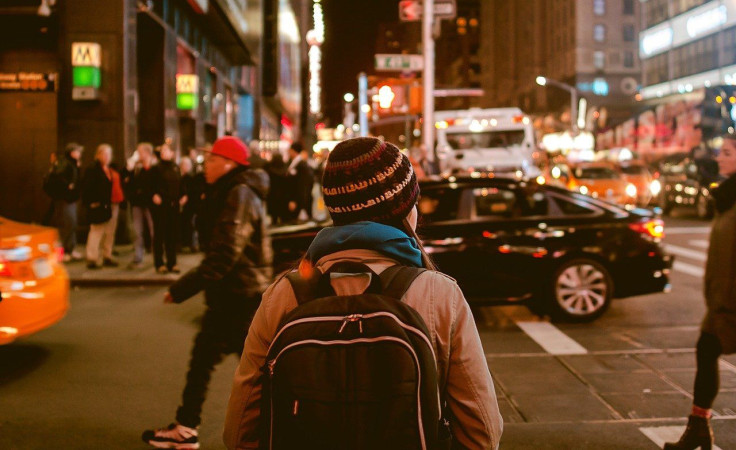International Day Of People With Disabilities: Facts About Disability To Raise Awareness
KEY POINTS
- International Day of Persons with Disabilities takes place on Dec. 3 every year
- Many people in the world are living with a form of disability
- Some disabilities are more immediately apparent but others are not
- People with disabilities are still facing a lot of challenges
This Thursday marks the International Day of Persons with Disabilities, a day when the global community comes together to advocate for the rights and well-being of people living with disabilities and to make society more inclusive for them.
This year, the United Nations' (UN) theme for the event is "Building Back Better: toward a disability-inclusive, accessible and sustainable post COVID-19 World."
To build a disability-inclusive world, we need to be aware of the current situation that many people with disabilities are living with. Now here are some facts about disability to help broaden our understanding:
Over A Billion People Live With Disabilities
According to the World Health Organization (WHO), 15% of the people in the world are affected by a disability. That means that over 1 billion people in the world are living with a form of disability, including 720 million adults and 93 million children.
"Everybody is likely to experience disability at some point in life," the WHO said.
This stark number shows how much of the world's population are experiencing difficulties in functioning, many of whom still do not have their basic needs met.
Some Disabilities Are Not Visible
When people think of disabilities, they often think about those who use wheelchairs or other similar tools. However, many disabilities are not immediately apparent.
According to the International Day of People With Disabilities (IDPWD) organization in Australia, many people live with invisible disabilities such as mental illnesses, brain injuries and cognitive dysfunctions. Citing the WHO data, the organization noted that about 450 million people are living with a mental or neurological disorder, two-thirds of whom do not seek professional treatment because of stigma and discrimination.
"These are just some examples of the millions of people currently living with a disability that is not immediately apparent, and a reminder of the importance of removing barriers for all people living with disability, both visible and invisible," IDPWD said.
People With Disability Lack Access To Proper Health Care
Compared to a third of people without disabilities, about half of people with disabilities cannot afford health care, the WHO said. It doesn't help either that they are also more vulnerable to poverty but often require extra medical care or assistance.
What's more, they are also more likely to report being denied health care or being treated badly. As the WHO noted, people with disability are among the people in the world who are most discriminated against.
People With Disability Are More Likely To Be Unemployed
Citing global data, the WHO noted low employment rates among people with disabilities. Compared to the employment rate for men (65%) and women (30%) without disabilities, men and women with disabilities have an employment rate of 53% and 20%, respectively.
"Through appropriate services and support, people with disability can participate in society as anyone else," the WHO said. "However, 40% of people with disability do not generally have their requirements for assistance met."
There Are Ways To Make Society More Inclusive
Certain changes can make our world more inclusive. For instance, it's important to invest in programs for people with disabilities and to make sure that disability is actually included in governments' public health agendas, the WHO said.
However, not many countries have the tools to make their communities more inclusive to people with disabilities. On this day, spreading awareness about the plight of over a billion people with disabilities in the world is a small step towards building the world that they need.























